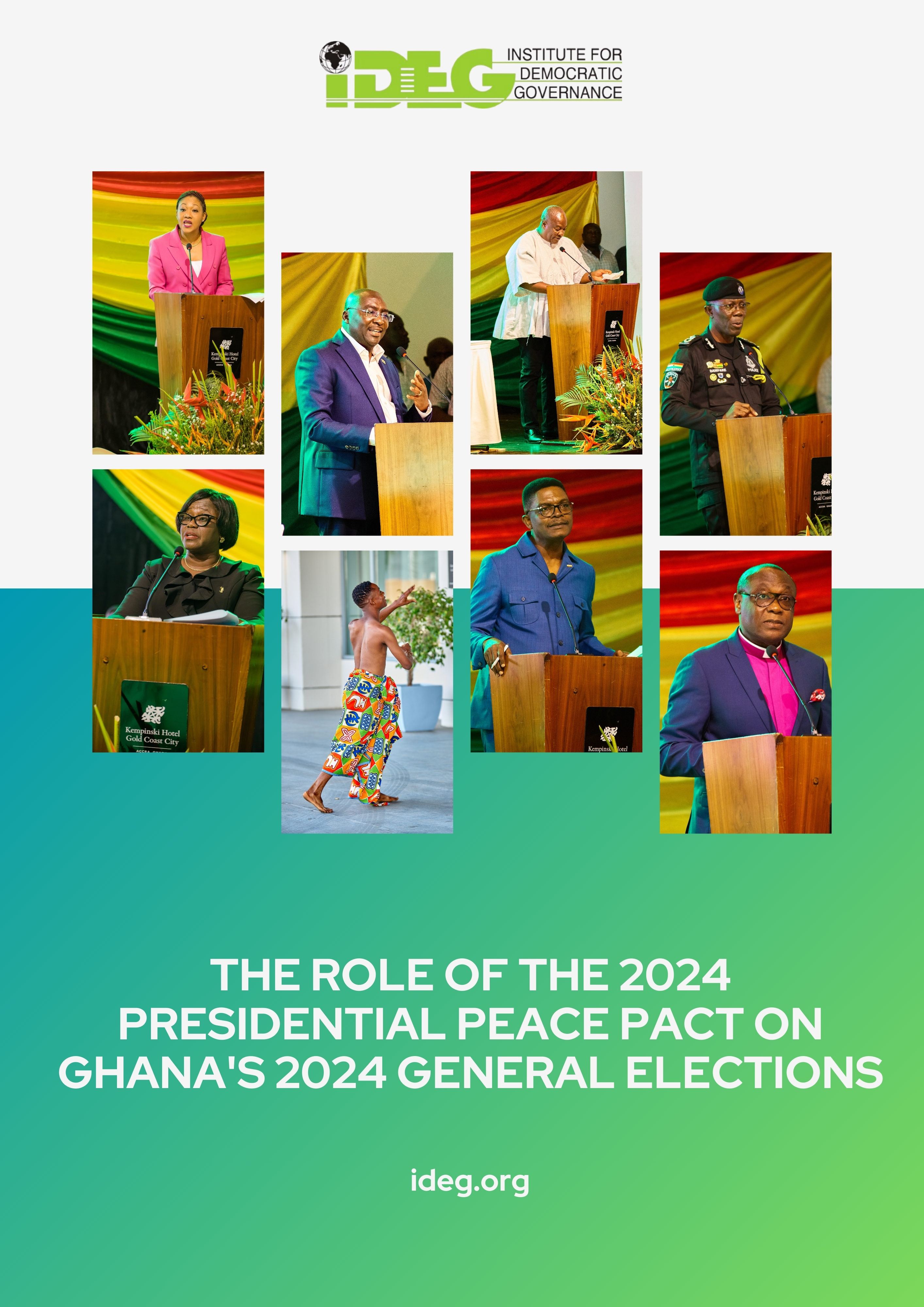
THE CASE FOR MULTIPARTY LOCAL GOVERNANCE IN GHANAREFORM
Ghana is a constitutional democracy with a decentralized local
governance system that has been in operation for almost three decades. However, decentralization is largely administrative and the devolution of power and resources to Metropolitan,
Municipal and District Assemblies (MMDAs) remains to be achieved. Currently, Metropolitan, Municipal and District Chief Executives (MMDCEs) and 30% MMDA members are appointed
by the President as per the country’s constitution rather than being directly elected by the people through a competitive multiparty election. This is because Article 55 of the 1992 Constitution excludes political parties from local governance.
Local governance reforms have been part of the political and administrative history of Ghana since independence in 1957. Many of the local governance reforms in the past 30 years have not succeeded in transforming the existing system. Instead of devolving more power and resources, the reforms have largely led to recentralization rather than advance decentralization. A multiparty local governance system is what is required to halt the trend towards recentralization and devolve more power and resources to MMDAs.



